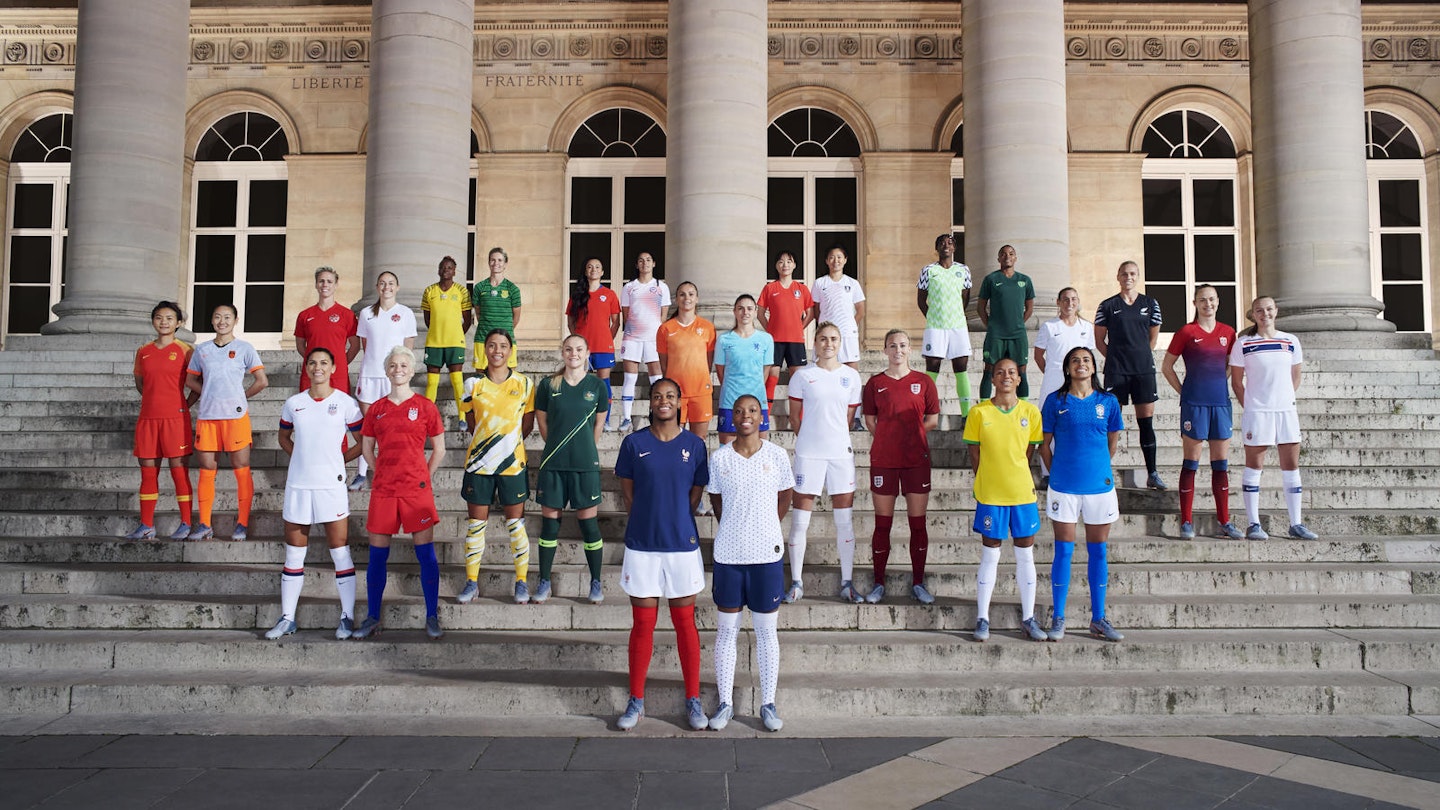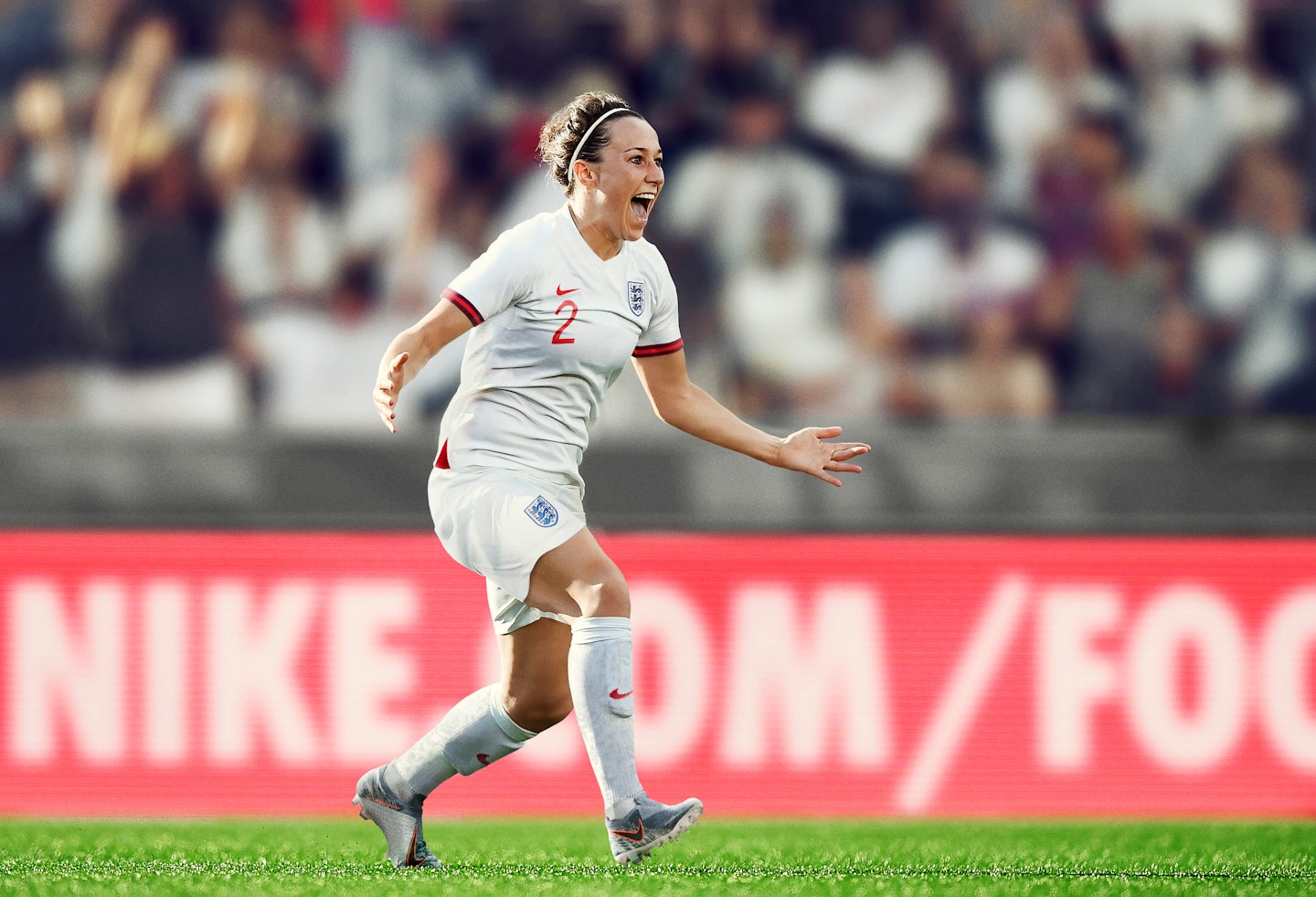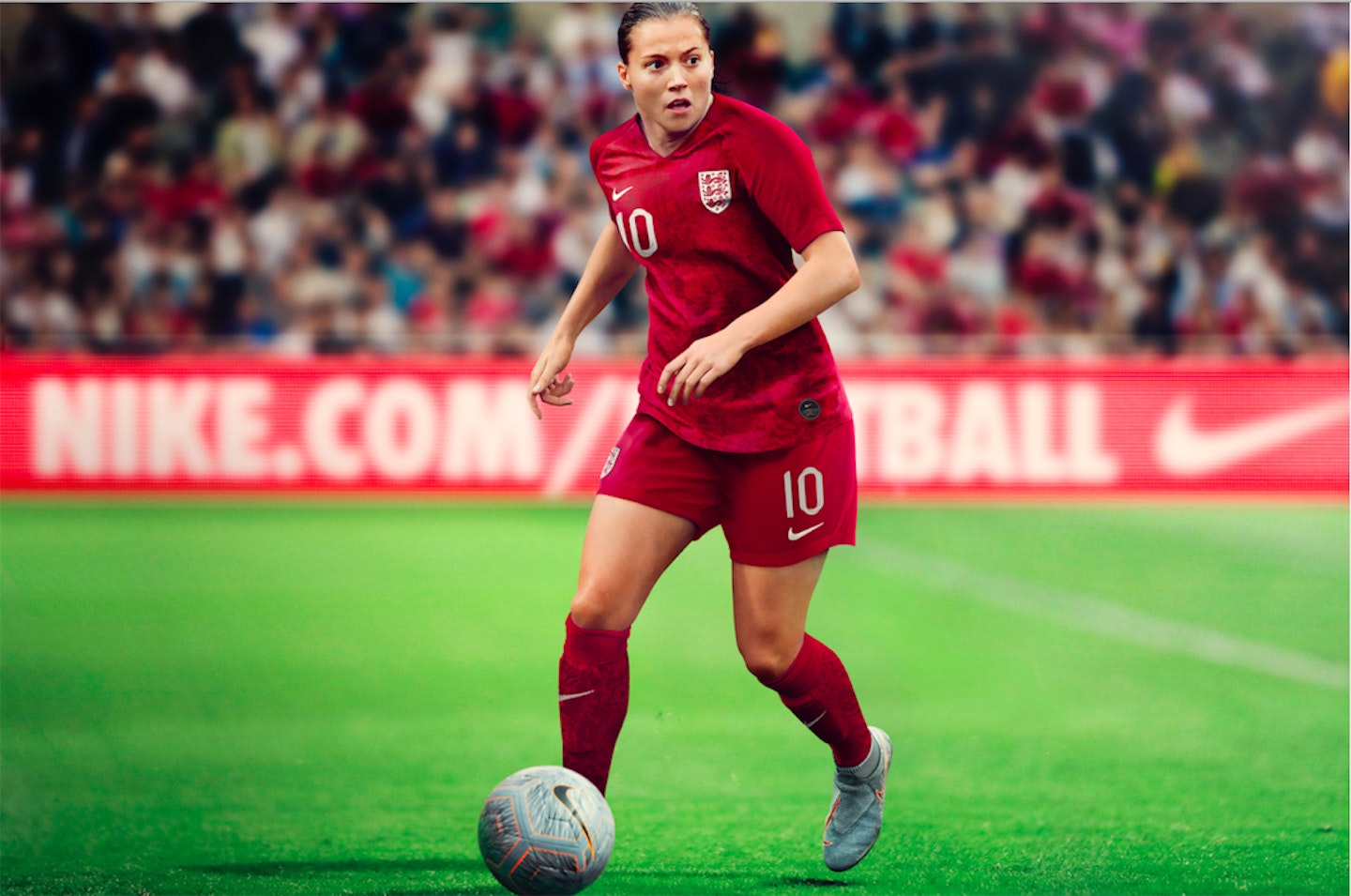With the 2019 World Cup ending this weekend, with the US claiming their fourth title, it will come as no surprise that the renewed focus on women' football has underscored some of the differences between how male and female profession footballers are treated. So much so, that crowds even chanted 'equal pay' after the final World Cup game on Sunday.
From sexist social commentary online to alleged discrimination by governing bodies, female footballers face a whole host of restrictions that men do not. But for the US team, time is up. The women's team announced earlier this year that they are suing the US Soccer Federation for ‘institutionalised gender discrimination’ with 28 players on the world champion team having signed a lawsuit that outlines differences in their pay and working conditions.
The US women’s team is indisputably more successful than the men’s. They’ve now won four World Cups, four Olympic gold medals and are consistently ranked number 1 by FIFA. In comparison, the men’s team are currently ranked 24th by FIFA (at their best they were 4th in 2006), have not won an Olympic medal since 1904 and didn’t even qualify for the men’s World Cup in 2018.
Despite this, the men allegedly earn up to $8,000 more than the women per game. Further, the suit also states that the women’s team are discriminated against in terms of where and how often they play, how they train and are coached, medical treatment they receive and how they travel to and from matches. Essentially, the suit – if successful – proves that women can overwhelmingly excel in direct comparison to men doing the same job and still be barraged with unfair obstacles and inadequate rewards for their work.
‘We very much believe it is our responsibility,’ US women’s midfielder Megan Rapinoe told the New York Times, ‘not only for our team and for future U.S. players, but for players around the world — and frankly women all around the world — to feel like they have an ally in standing up for themselves, and fighting for what they believe in, and fighting for what they deserve and for what they feel like they have earned.’
Megan’s rousing words have prompted global conversations about fairness in sport. And, more so, they feel jarring in comparison to how our own women’s football team have responded to discussions around discrimination. In stark contrast to the US stance, when addressing their own pay gap, and the fact England women’s often play in much smaller stadiums than the men’s, many of our players have gone on the record to essentially say that they don’t deserve equal pay yet.
‘Ultimately, we need to grow the women’s game,’ England striker Fran Kirby told The Telegraph, ‘That’s the biggest issue - it always has been. Then you can talk about equal pay and everything else.’
‘Let’s build women’s football from the bottom before we get to the top,’ England forward Nikita Parris told The Guardian, ‘it’s not about building from the top to get to the bottom, We can talk about the Etihad and Man United’s ground, the Theatre of Dreams, in a few years’ time.’
‘People talk about it being sexist, but I actually feel sorry for the men sometimes,’ defender Lucy Bronze told The Telegraph last year, ‘We see the media pressure they come under. We’ve had jobs and studied – they have to give up everything from 12 or 13 if they want to make it. We won’t ever make as much as them, but it’s amazing how much the women’s game has grown.’
In many of their interviews, they sound grateful just to have come as far as they have. Because, realistically, football for women in England has faced much greater discrimination than the US. It was only in the 1970’s that a 50-year ban on women playing football professionally was lifted, allowing the sport to begin to grow again. A ban, by the Football Association, that was sparked by jealousy and fears of gender liberation after crowds of over 50,000 began to attend women’s games – outselling Goodison Park – and ultimately a growing concern that the women’s game was more popular than the men’s.
Click through to see the new national team kits made for the World Cup...
Nike Women's World Cup Kits - Grazia
 1 of 3
1 of 3The 14 National Team Collections
 2 of 3
2 of 3The England women's home kit
 3 of 3
3 of 3The England women's away kit
In fact, it was only last year that female professional footballers were able to play full-time, having previously trained alongside 9-5 jobs, a tactic that has no doubt held back the women’s game from achieving full potential. According to a FifPro survey, 88% of Women’s Super League players earn less than £18,000, a league which is the highest in women’s football in England and so comparable to the Premiere League for men. When you judge their yearly salary alongside the salary of male players in the Premiere League, whom earn £50,000 per week on average, the women earn one-hundredth of what the men do. Factors like sponsorship, size of audiences (and support) are all relevant here, of course. But even if the women are yet to win a World Cup, the huge gender disparity in pay for what is essentially the same job is objectively abhorrent.
It's why England women declared they were playing for much more than a trophy in this year’s World Cup. Because, as Fran Kirby alluded, the success they can obviously achieve (if history is anything to go by) in this game will only cement their endeavour to be treated equally by the associations that run it. They shouldn’t have to, of course, but as the US women’s team are proving, even with all the obvious success in the (literal) world, women still need an arsenal of receipts to prove their worth in an industry – and world – built against them.
